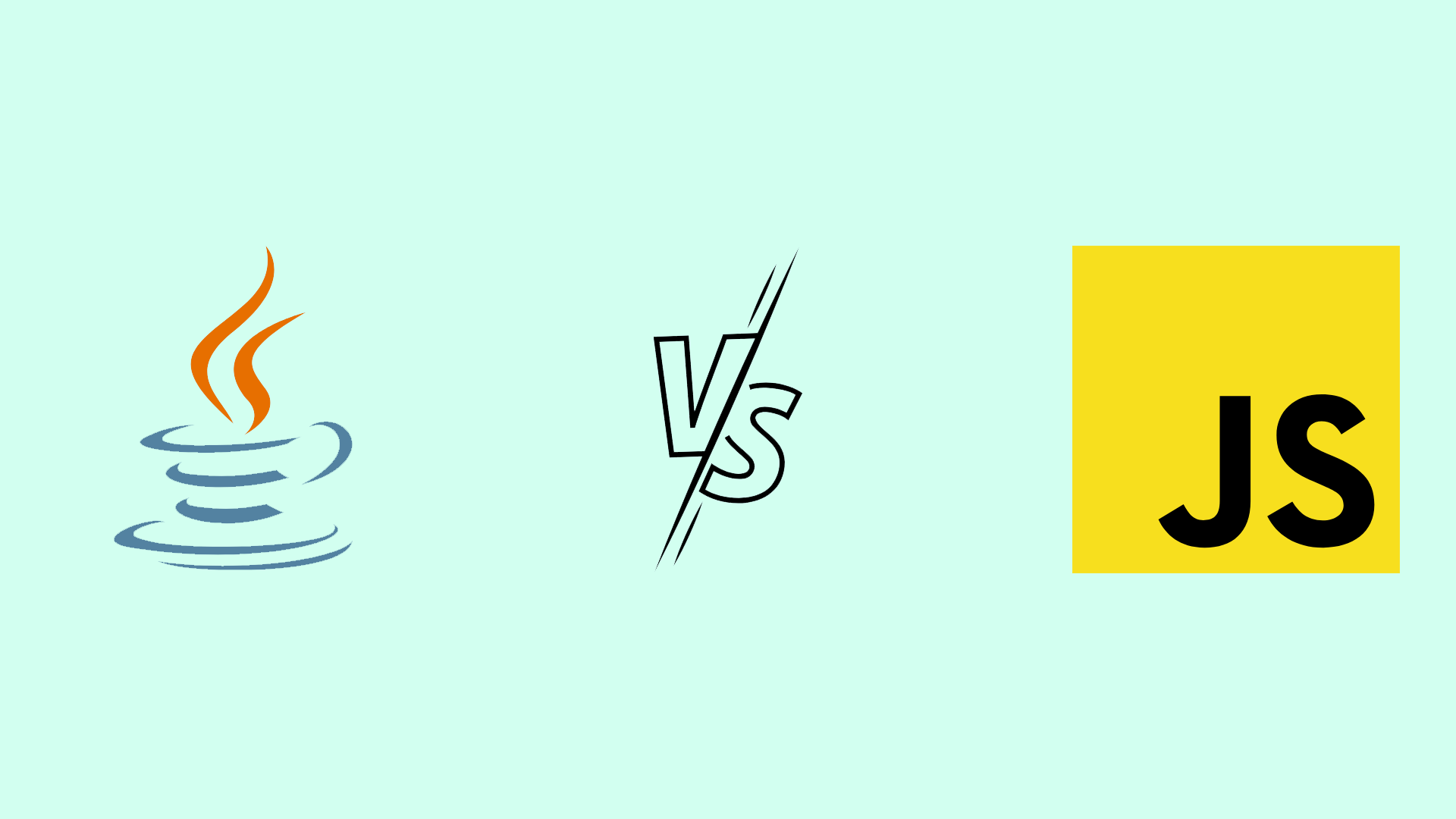Quantum Computing : In the ever-evolving landscape of technology, a revolutionary leap known as quantum computing has taken center stage, promising groundbreaking advancements that were once deemed unimaginable. Let’s delve into the intricacies of this quantum leap, understanding its principles, historical milestones, applications, challenges, and the profound impact it holds for the future.
Table of Contents
Introduction : Quantum Computing
Defining the Quantum Leap in Computing
Quantum computing, a paradigm shift in computational power, harnesses the principles of quantum mechanics to process information. Unlike classical computers that use bits, quantum computers use qubits, enabling them to perform complex calculations at unprecedented speeds.
Significance and Impact on Technology of Quantum Computing
The implications of quantum computing extend far beyond traditional computational boundaries. From revolutionizing cryptography to transforming healthcare, the quantum leap holds the promise of reshaping the technological landscape.
Quantum Computing Basics
Understanding Quantum Bits (Qubits)
At the heart of quantum computing are qubits – quantum bits that leverage the principles of superposition and entanglement to represent multiple states simultaneously. This inherent duality allows quantum computers to process vast amounts of data in parallel.
Key Principles of Quantum Superposition and Entanglement
Superposition allows qubits to exist in multiple states at once, exponentially increasing computational capacity. Entanglement, the correlation between qubits, enables instantaneous information transfer, paving the way for unparalleled efficiency.
Historical Milestones in Quantum Computing
Pioneering Research and Breakthroughs
The journey of quantum computing dates back to foundational research by visionaries like Richard Feynman and David Deutsch. Over the years, breakthroughs in superconducting circuits and quantum algorithms have propelled the field forward.
Evolution of Quantum Computing Technologies
From the rudimentary quantum gates to the development of quantum processors, the field has witnessed a rapid evolution. The continuous refinement of quantum error correction techniques has brought us closer to achieving practical quantum supremacy.
Quantum vs. Classical Computing
Fundamental Differences
Classical computers operate on binary bits, either 0 or 1, while quantum computers leverage qubits with the ability to exist in multiple states simultaneously. This fundamental difference redefines the nature of computational processes.
Speed and Efficiency Comparisons
Quantum computers, when tackling specific problems, showcase exponential speed advantages over classical counterparts. However, challenges in maintaining qubit coherence highlight the need for further advancements.
Real-World Applications of Quantum Computing
Quantum Computing in Cryptography
The advent of quantum computers poses a threat to current cryptographic methods. Quantum-resistant algorithms are being explored to ensure the security of data in the quantum era.
Quantum Machine Learning
Quantum computing’s ability to process immense datasets at high speeds opens new frontiers in machine learning, enabling the development of more powerful algorithms and models.
Simulating Quantum Systems
Quantum computers excel at simulating quantum phenomena, offering insights into molecular structures, materials, and physical processes that were previously computationally infeasible.
Challenges and Limitations in Quantum Computing
Overcoming Technical Hurdles
Quantum decoherence, error rates, and the delicate nature of qubits present substantial challenges. Ongoing research focuses on mitigating these issues to achieve the reliability required for practical applications.
Ethical Considerations in Quantum Computing
As quantum computing progresses, ethical concerns regarding its potential misuse and societal impact come to the forefront. Responsible development and regulation are imperative to address these issues.
Quantum Computing Companies
Leading Players in the Industry of Quantum Computing
Companies like IBM, Google, and Rigetti Computing are at the forefront of quantum computing research. Collaborative efforts and partnerships aim to accelerate advancements and bring quantum technologies to commercial fruition.
Quantum Leap in Artificial Intelligence
Enhancing AI Algorithms with Quantum Computing
Quantum computing offers the potential to revolutionize artificial intelligence by significantly speeding up complex computations, leading to more advanced AI algorithms and applications.
Quantum Internet
Concept and Potential Implications
The concept of a quantum internet, enabled by entanglement-based communication, holds promise for secure and instantaneous global information exchange.
Current Developments in Quantum Communication
Research initiatives worldwide are working towards the realization of quantum communication networks, fostering a new era of secure and efficient data transmission.
Quantum Computing in Healthcare
Drug Discovery and Molecular Simulation
Quantum computing accelerates drug discovery by simulating molecular interactions, aiding in the development of novel pharmaceuticals. Molecular simulations provide insights into complex biological systems.
Advancements in Medical Research
From personalized medicine to the analysis of vast genomic datasets, quantum computing is poised to revolutionize healthcare, offering new avenues for diagnosis, treatment, and research.
Future Outlook
Anticipated Developments in Quantum Computing
The future holds exciting possibilities, from achieving fault-tolerant quantum computing to exploring the quantum advantage across diverse industries. Continued collaboration and investment will drive the quantum revolution forward.
Integration into Everyday Life
As quantum technologies mature, their integration into everyday life becomes inevitable. From enhanced computing power to transformative applications, the quantum leap will redefine how we interact with technology.
Quantum Computing and Environmental Impact
Energy Efficiency and Sustainability
Quantum computing’s potential to solve complex problems with fewer computations has implications for energy efficiency. The environmental impact of quantum technologies is a key consideration in their widespread adoption.
Public Perception and Awareness
Educating the Masses about Quantum Computing
Widespread understanding of quantum computing is crucial. Efforts to educate the public about its principles, applications, and potential societal impacts are essential for fostering informed discussions.
Addressing Misconceptions
Clarifying common misconceptions surrounding quantum computing is essential to demystify the technology and encourage public support for its development.
The Role of Governments and Regulations
Policies Surrounding Quantum Technologies
Governments worldwide are formulating policies to regulate the development and deployment of quantum technologies. International collaborations seek to establish ethical and legal frameworks for the quantum era.
Global Collaborations in Quantum Research
The collaborative nature of quantum research transcends borders. Governments, academia, and industry stakeholders engage in global partnerships to drive innovation and address shared challenges.
Conclusion
In conclusion, the quantum leap in computing represents a paradigm shift with far-reaching implications across various domains. From the complexities of quantum mechanics to real-world applications, the journey has been one of constant innovation. As we stand on the cusp of a quantum future, the transformative power of quantum computing invites us to reimagine the possibilities of technology.
5 Unique FAQs About Quantum Computing
- What makes quantum computing different from classical computing? Quantum computing leverages qubits and the principles of superposition and entanglement, allowing for parallel processing and exponential computational speed compared to classical bits.
- How does quantum computing impact artificial intelligence? Quantum computing accelerates AI algorithms, leading to faster and more powerful computations, enabling advancements in machine learning and AI applications.
- What challenges does quantum computing face in terms of practical applications? Challenges include quantum decoherence, error rates, and the delicate nature of qubits. Ongoing research aims to overcome these hurdles for reliable practical applications.
- What is the potential environmental impact of quantum computing? Quantum computing has the potential to enhance energy efficiency by solving complex problems with fewer computations, but the overall environmental impact is an ongoing consideration.
- How can the public contribute to the development of quantum computing? Public awareness and support are crucial. Individuals can stay informed, engage in discussions, and advocate for responsible development and ethical use of quantum technologies.
Check Out Empower Your Life-Changing Journey: A Beginner’s Guide to Learning Coding – 10 Steps to Shine!💡🌐











